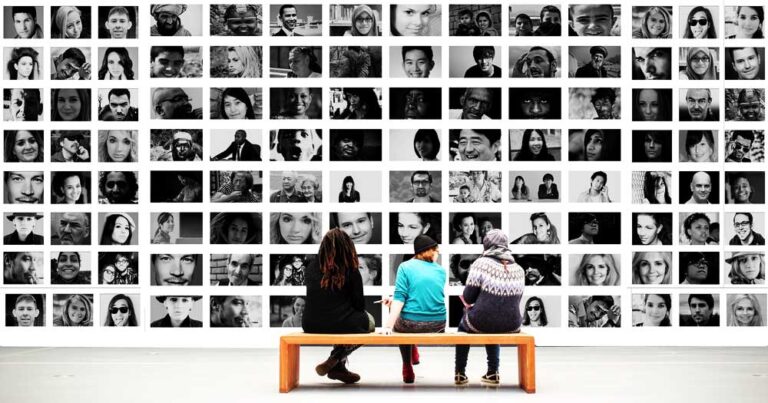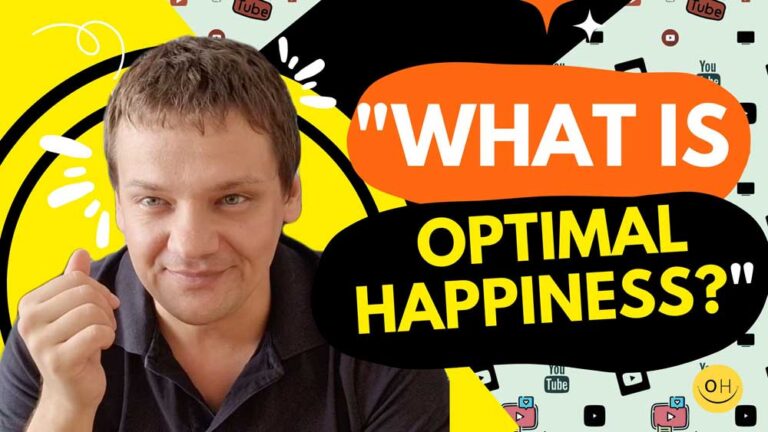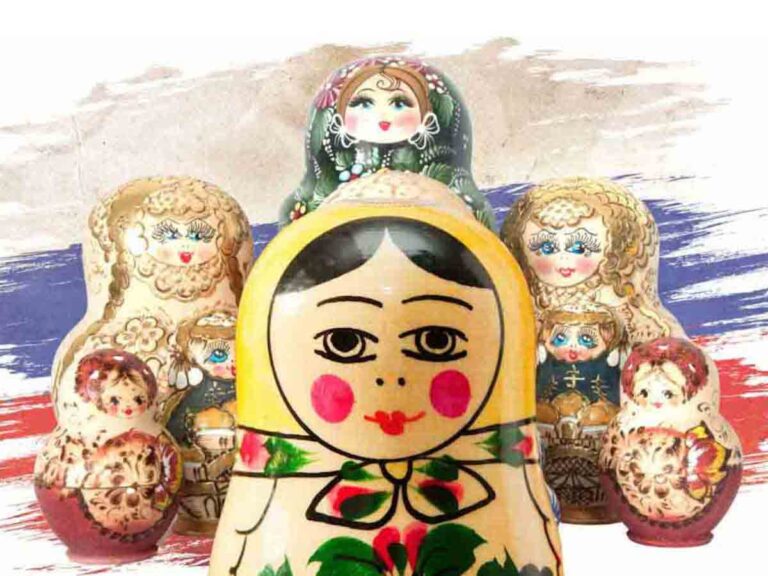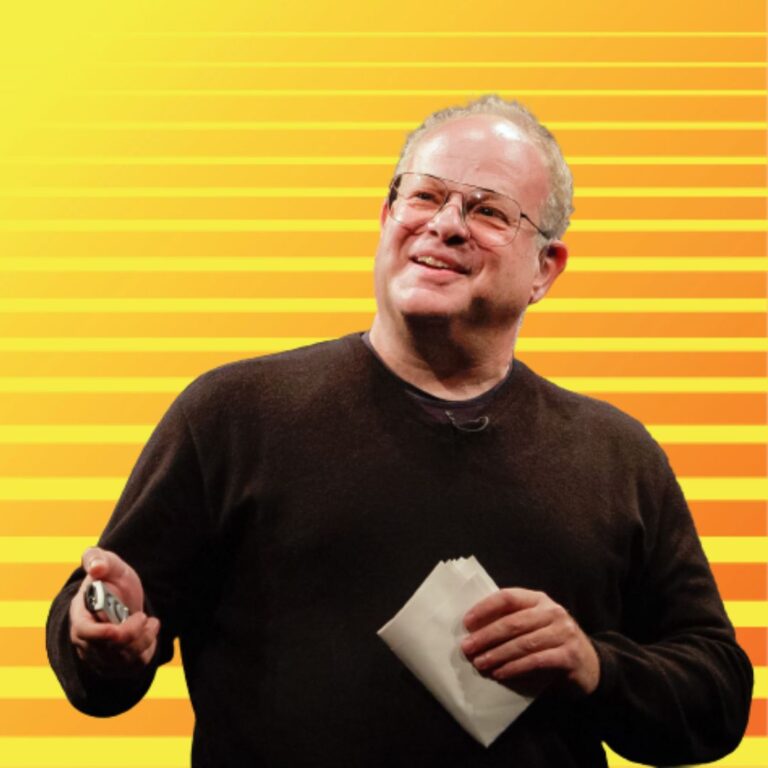
The question of who would be the best leaders in politics, business, and overall life has been debated to death. For example, in the recent US election, we had many opportunities to consider why one political leader would be better than the other. Additionally, numerous books have been written on the topic of leadership, discussing this very point.
In this regard, my contribution to this discussion today stems from the perspective of happiness. Political leaders are slowly realizing that our relentless pursuit of money has not necessarily translated into increased well-being. Therefore, it is essential to prioritize other metrics.
One proposed solution is to replace Gross Domestic Product (GDP) with Gross National Happiness (GNH) and now we need to choose leaders who can create a happier society for everyone to enjoy. Therefore, the focus of this blog post is to identify the unique characteristics of leaders who can create the most GNH and maximize the greatest happiness for the greatest number.
Happier People Make Better Leaders
Firstly, I want to discuss the importance of personal happiness. From the point of view of happiness literature, we know that happier people are also more altruistic, productive, and giving, and overall better human beings towards themselves, others, and the world as a whole. In contrast, less happy individuals tend to be more egoistic and even tyrannical, prioritizing personal interests above the interests of others.
From the viewpoint of happiness at work, I often advise companies to hire based on personal happiness, as it is a key indicator of a good employee and leader with happier individuals being typically more productive, creative, risk-taking, open-minded, ethical, hopeful, better colleagues, and overall more effective workers compared to their less happy counterparts.
The same principle should apply to our political leaders, whom we should select based on their personal happiness, and therefore their ideals of altruism, inclusivity, common good, and prioritizing the well-being of all individuals over personal interests.
Being a “Good Person” in Politics
Interestingly, “good people” often shy away from opportunities to put themselves in positions of power, claiming that such positions require sacrificing certain values and boundaries of being a good person. This belief feeds into the adage that “power tends to corrupt, and absolute power corrupts absolutely.”
However, “the only thing necessary for the triumph of evil is for good men to do nothing,” suggesting that people often seek power for personal gain, indicating why there is so much evil and wrongdoing in the world. There is a lack of “good people” in positions of power seeking to make meaningful changes.
And yet, if we are dissatisfied with how society functions today, we must acknowledge our role in it, as often, we collectively fail to do enough to fix these issues, and by shying away from positions of power where we could affect change, we contribute to the perpetuation of problems we dislike in the world today.
IQ is a welcome change in politics.
Similarly, I once heard the smartest man in the world, Christopher Langan, state that people should give him and high IQ society power as they would know a few tricks to fix the mess we find ourselves in.
However, why should we give him this power if he isn’t willing to take it? And if they have such a high IQ, why aren’t they already in power? Instead, why do we give power to boxers (e.g., Manny Pacquiao), comedians (e.g., Volodymyr Zelenskyy), and TV talk show hosts (e.g., Xavier Bettel) while the real smart people sit on the side, complain, deny interest in politics, or wait for someone to give them a chance to rule on a silver platter.
In this way, a high IQ leader would be indeed a welcome change in politics, as I look at some politicians and wonder how they were given a chance to rise to these positions of power, while the real smart people are nowhere to be seen.
Consciousness Towards Others, God, and Universe
A different yet questionable way to choose a leader is based on what Dr. David R. Hawkins calls the Hierarchy of Consciousness (source: Power vs. Force). This method is considered questionable because it relies on a subjective way to measure reality, making it debatable from a scientific point of view.
However, it offers a concrete way to rank different levels of consciousness, and it states what are characteristic of people who are at certain level of consciousness, suggesting that even if we don’t agree with the way how Hierarchy of Consciousness is measured, the second key insight is still resigning in matching certain personal attributes to different level in hierarchy.
For example, a person who is aggressive and impulsive is lower on the Hierarchy of Consciousness than someone who is altruistic, inclusive, and forgiving, in terms of their relationship with themselves, others, the world, God, and the universe, revealing their maturity level and, therefore, their ability to lead a nation in a prosperous way.
Women in Power
In the book The Gift of Dyslexia, I read that 10% of the whole population is dyslexic, while 50% of all CEOs are dyslexic. This is an interesting statistic explained by the fact that while dyslexic people are often at a disadvantage in terms of their ability to read and write, they compensate in other areas of life and become better than most in other aspects, such as in abstract thinking.
In other words, diversity is important, and one easy and straightforward way to create diversity is by putting women in power, as they will stand out in evident ways. For example, one statistic suggests that, on average, women are currently outperforming men in terms of their educational achievements, and countries with women in power dealt better with COVID than those run by men.
Indeed, partially, I give credit to women for opening my mind to understanding my personal emotions, leading me to write a book about positive emotions, aka Optimal Happiness. In this way, from women I’ve learned about things like inclusivity, emotional intelligence, beauty, and empathy, which have replaced my stereotypical values like strength, emotional numbness, competitiveness, and aggression, and I’m still learning. This suggests that societies with women in charge would be governed in a completely different and, in many ways, better way.
I mean, sure, we can all question what a woman can bring to the table that a man can’t, basing our beliefs on a certain prejudice imposed on us by generations of men being in power to a degree that often makes women question each other on whether they can be as good in power as men.
And yet, men should give women more power out of their own free will, as if women are happier and more fulfilled, men automatically become happier and more fulfilled.
Creating Happier Societies
There is much more to say regarding what it takes to create happier societies, as well as what we can do as individuals to become happier ourselves.
These and many similar questions are explored in more detail in this blog, which I invite you to explore, as well as in our products such as video courses, one-on-one coaching, and books.
Stay happy!














